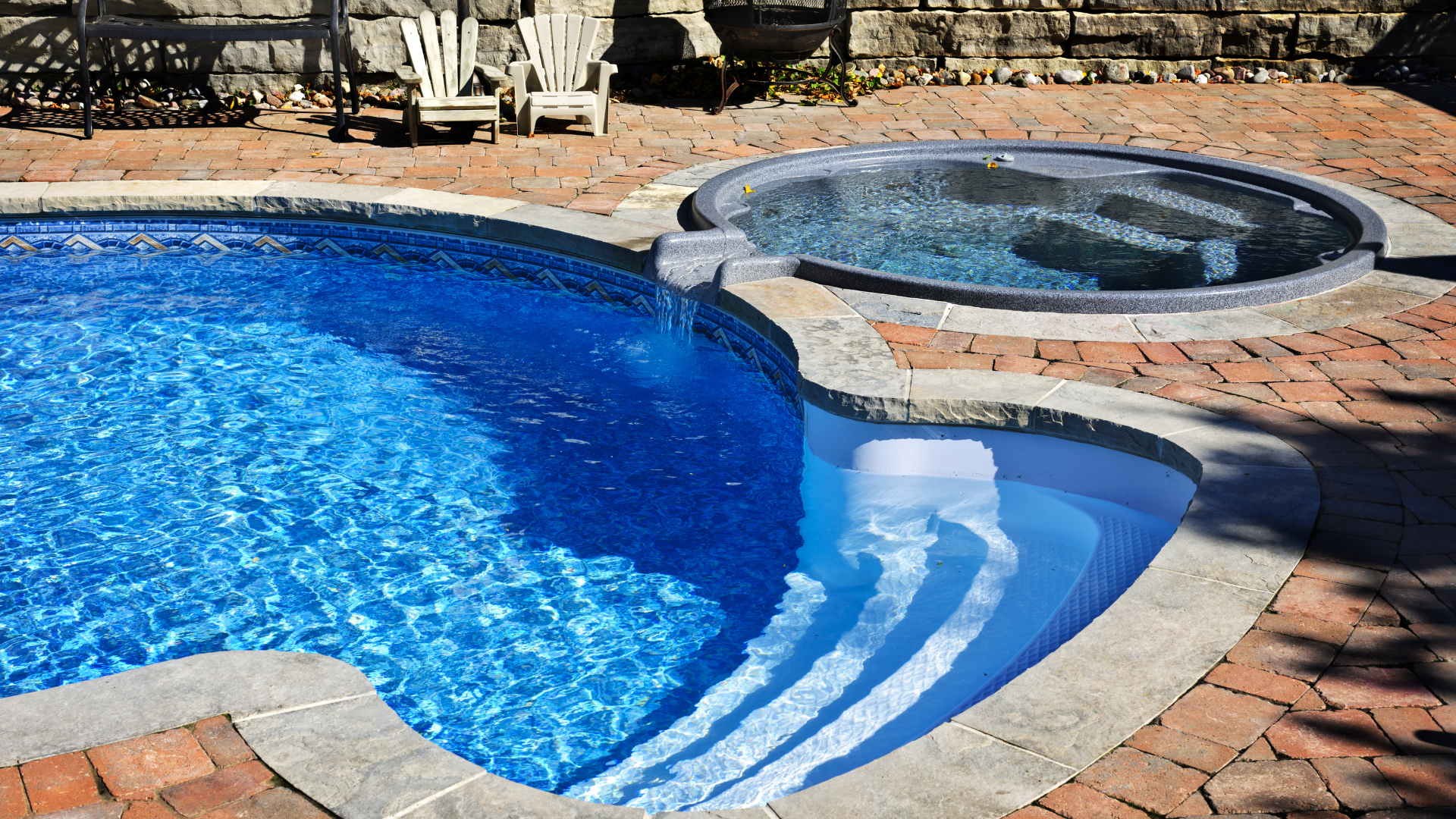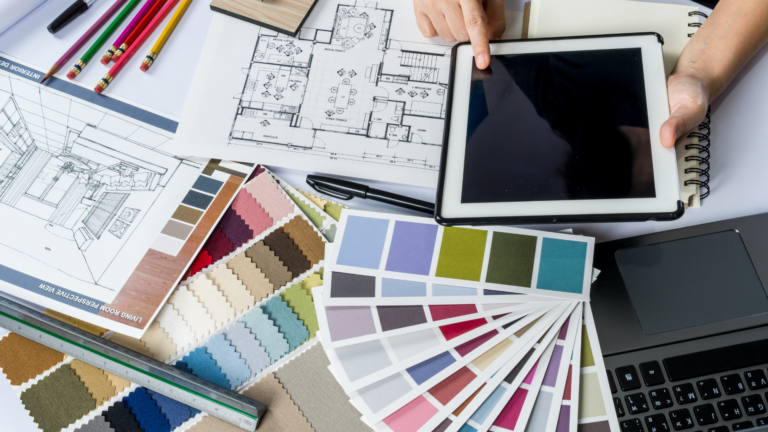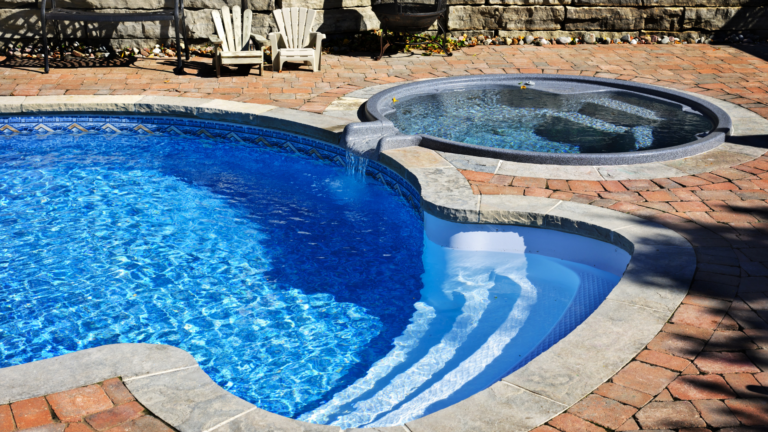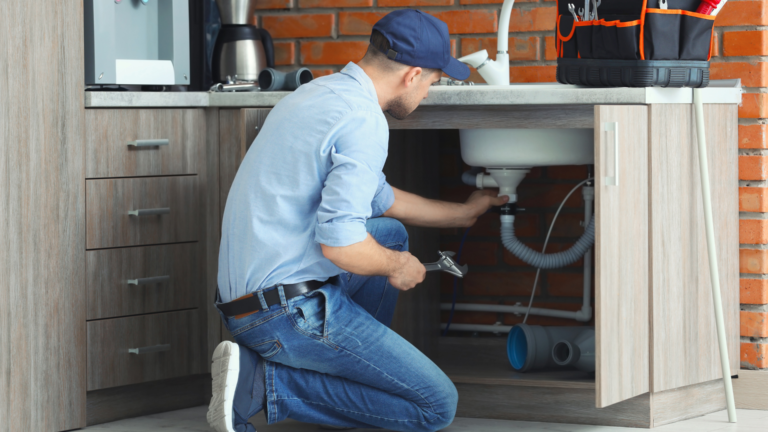Are you dreaming of diving into your own backyard oasis? Building a custom inground pool is an exciting venture, but with so many options out there, it’s easy to feel overwhelmed. Fear not! Today, we’re diving headfirst into the world of pool materials—specifically, the pros and cons of concrete, fiberglass, and vinyl. By the end of this read, you’ll be armed with the knowledge to make the perfect splash for your outdoor space, from concrete to fibreglass pool information.
Concrete Pools: The Classic Choice
Let’s kick things off with concrete—arguably the most popular choice for custom inground pools. Here’s why:
- Customization Galore – Concrete pools offer unparalleled flexibility in design. Want a freeform shape that mimics the curves of nature? No problem. How about adding built-in features like a waterfall or swim-up bar? With concrete, the sky’s the limit.
- Durability – When properly constructed and maintained, concrete pools can last for decades. Plus, they can withstand extreme weather conditions and are less prone to punctures compared to vinyl.
- Resale Value – A well-built concrete pool can significantly increase your home’s resale value. Many homebuyers see them as a luxurious addition to the property.
But wait—before you grab your shovel, let’s consider the downsides:
- High Maintenance – Concrete pools require regular maintenance, including resurfacing every 10-15 years to keep them looking pristine.
- Longer Installation Time – Building a concrete pool is a labor-intensive process that can take several weeks or even months to complete. If you’re looking for a quick dip, you may want to explore other options.
Fiberglass Pools: Sleek and Low-Maintenance
Next up, we have fiberglass pools —an increasingly popular choice for homeowners looking for a low-maintenance option. Here’s what they bring to the table:
- Speedy Installation – Unlike concrete pools, fiberglass pools are pre-formed in a factory and then transported to your property for installation. This means less time spent digging and more time spent swimming!
- Smooth Surface – Fiberglass pools have a smooth, non-porous surface that’s resistant to algae growth and staining. Say goodbye to scrubbing and hello to more pool time.
- Energy Efficiency – The smooth surface of fiberglass pools helps to retain heat, which can lower your heating costs over time.
However, there are a few drawbacks to consider:
- Limited Design Options – While fiberglass pools come in a variety of shapes and sizes, they’re not as customizable as their concrete counterparts. If you have a specific vision in mind, fiberglass may not be the best fit.
- Potential for Damage – Fiberglass pools can be prone to cracking or bubbling if the ground shifts or if heavy objects are dropped into the pool. Repairs can be costly and may require professional assistance.
Vinyl Pools: Budget-Friendly and Versatile
Last but not least, we have vinyl pools—a budget-friendly option that offers versatility and customization. Here’s what sets them apart:
- Affordability – Vinyl pools are typically the least expensive option upfront, making them a popular choice for budget-conscious homeowners.
- Smooth Surface – Like fiberglass, vinyl pools have a smooth surface that resists algae growth and staining. Plus, the vinyl liner provides a cushioned feel that’s gentle on the skin.
- Easy to Customize – Vinyl pools come in a wide range of shapes, sizes, and designs, allowing you to create the perfect pool for your backyard oasis.
However, there are a few things to keep in mind:
- Lifespan – While vinyl liners can last for several years with proper care, they will eventually need to be replaced, which can be costly and time-consuming.
- Prone to Tears and Leaks – Vinyl liners are more susceptible to tears and punctures compared to concrete or fiberglass, so it’s essential to handle them with care.
Making the Right Choice for Your Home
So, which pool material reigns supreme? The truth is, there’s no one-size-fits-all answer. The best option for you will depend on your budget, timeline, aesthetic preferences, and maintenance preferences.
If you value customization and longevity – Concrete may be the way to go. Just be prepared for a longer installation process and higher maintenance requirements.
If you prioritize speed and low maintenance – Fiberglass could be the perfect fit. Its smooth surface and energy efficiency make it an attractive option for busy homeowners.
If you’re on a tight budget and crave versatility – Vinyl pools offer affordability and a wide range of design options. Just keep in mind the potential for liner replacement down the road.
Final Thoughts
Building a custom inground pool is a significant investment, both financially and emotionally. Take the time to weigh your options carefully and consult with a professional pool builder to ensure you make the right choice for your home.
No matter which material you choose, one thing’s for sure: Your backyard will be the envy of the neighborhood, and endless summer fun awaits! So go ahead, dive in, and make a splash with your new custom inground pool. Cheers to sunny days and poolside memories that last a lifetime! 🏊♂️☀️






